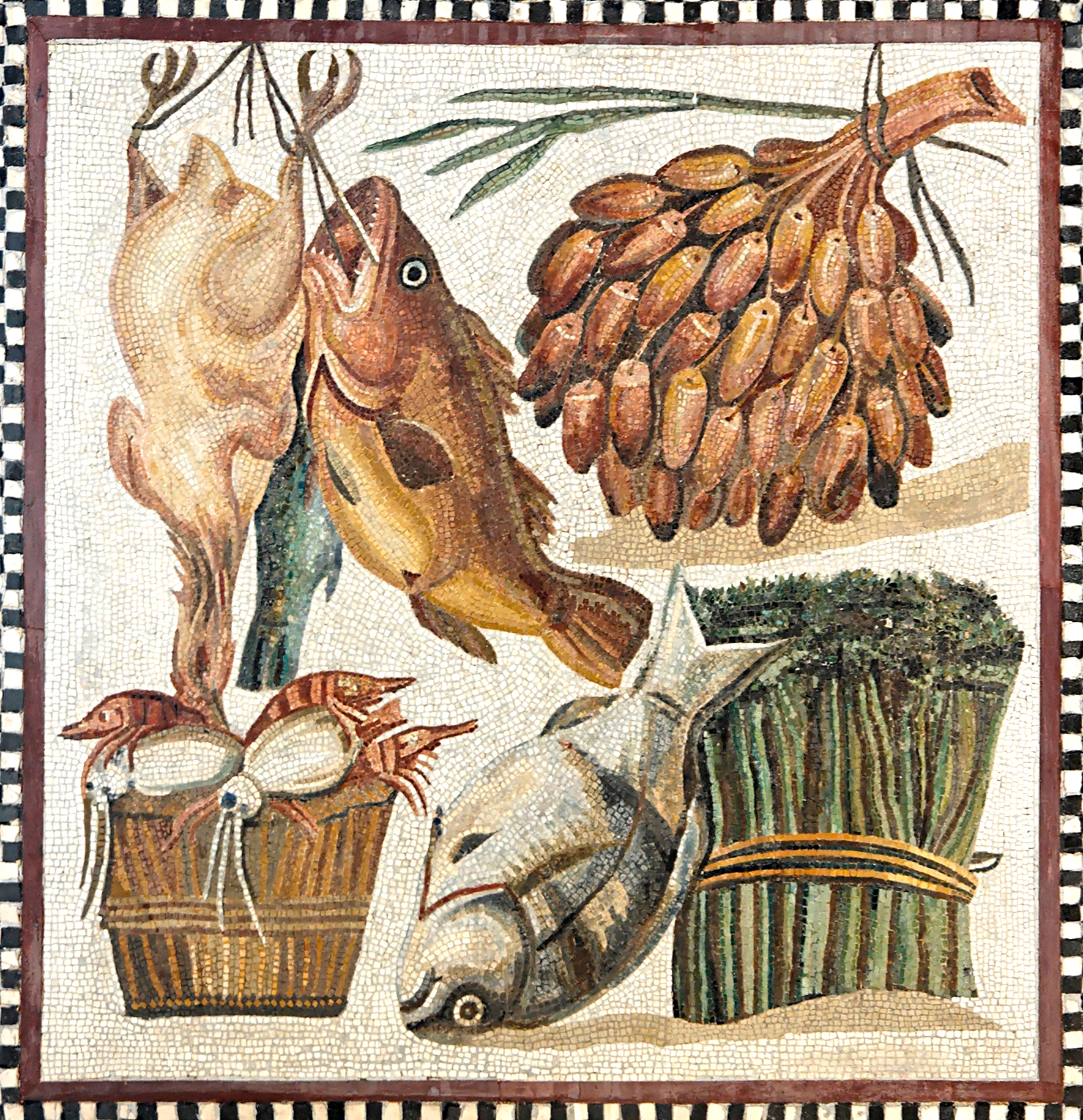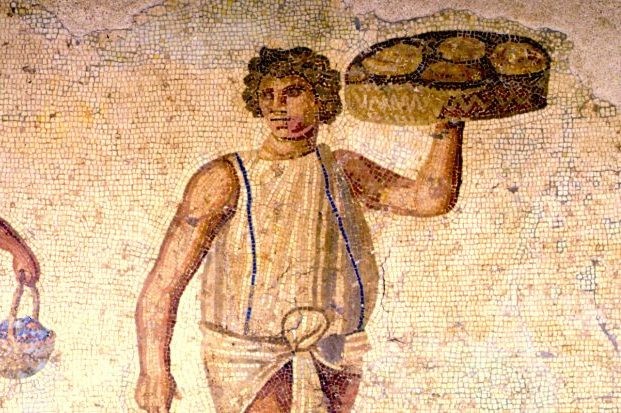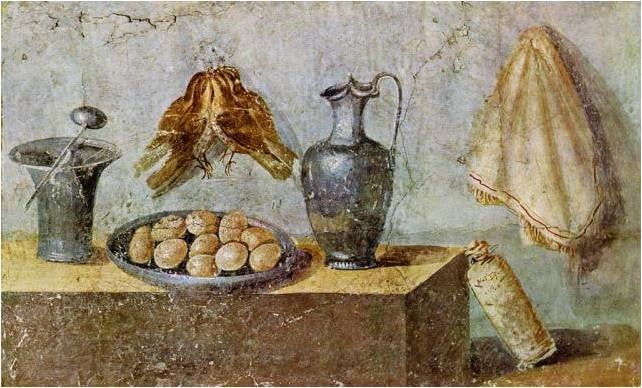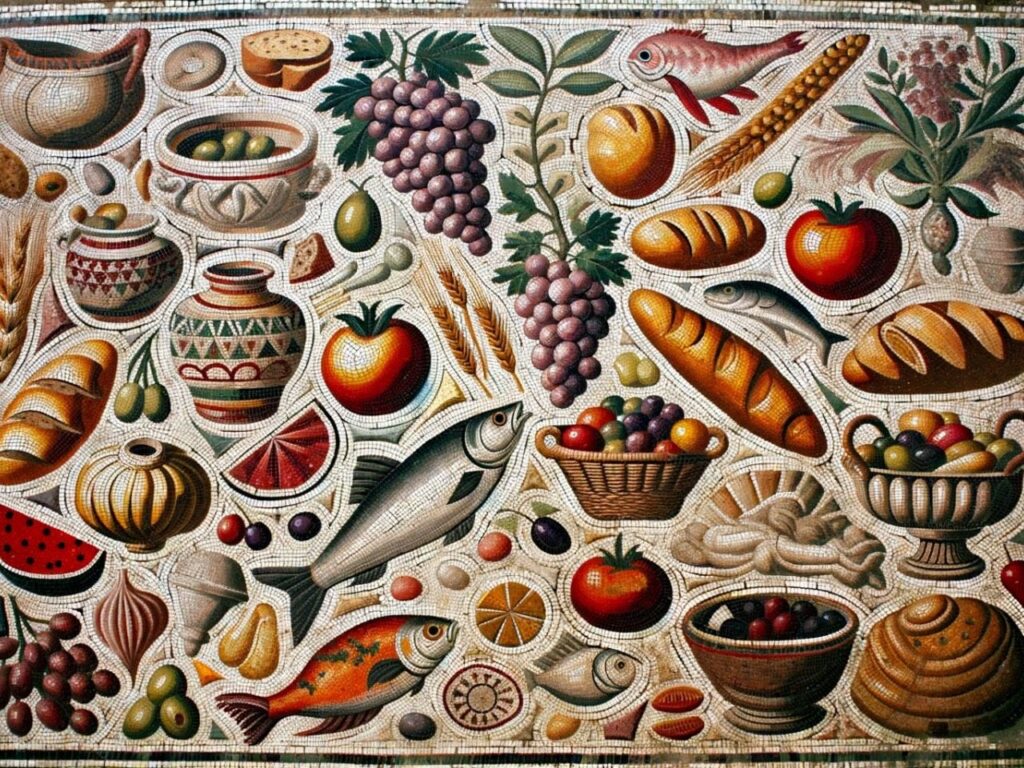“Are You Healthier Than a Roman? Ancient Secrets to Longevity That Still Work”

When we imagine ancient Romans, we often think of grand architecture, gladiators, and imperial conquests. But beyond the grandeur, the Romans had surprisingly advanced ideas about health and longevity—concepts that continue to resonate in today’s wellness conversations. Despite lacking modern medicine, many Romans lived long, active lives by following practical habits grounded in diet, exercise, hygiene, and social well-being.
In this article, we explore the ancient Roman secrets for longevity and why these time-tested practices remain relevant in the 21st century. By understanding their lifestyle, you might find surprising ways to improve your own health and extend your years.
1. Diet: The Foundation of Roman Health
Romans ate a largely plant-based diet rich in fresh, seasonal foods. Staples included:
- Whole grains like barley and wheat.
- Legumes such as lentils and chickpeas.
- A variety of fruits and vegetables, depending on the season.
- Olive oil, prized for its heart-healthy fats.
- Moderate amounts of fish and occasional meat.
- Minimal processed sugars and refined foods (rare at the time).
This balanced and simple diet is echoed in today’s Mediterranean diet, which modern science associates with reduced risks of heart disease, diabetes, and other chronic conditions.
The Romans also consumed garum, a fermented fish sauce rich in probiotics, likely beneficial for gut health.

2. Physical Activity: Movement Embedded in Daily Life
Physical fitness was integral to Roman life. Not just soldiers, but civilians engaged in regular movement:
- Walking was common in Roman cities, both for transport and leisure.
- Public baths (thermae) offered spaces for exercise, games, and socializing.
- Manual labor and farming kept many Romans physically active.
- Military training emphasized endurance and strength, promoting resilience.
This lifestyle aligns well with modern advice encouraging regular physical activity for cardiovascular health, muscle maintenance, and mental well-being.
3. Hygiene and Public Health: Pioneers of Clean Living
Romans excelled in public health infrastructure:
- Extensive aqueducts brought fresh water into cities.
- Sophisticated sewage systems and drainage kept urban areas sanitary.
- Public baths were places of cleanliness, relaxation, and socialization.
This focus on hygiene helped control infectious diseases and maintain general health—concepts only rediscovered in Europe centuries later during the Renaissance.
4. Mental and Social Well-being: A Balanced Mind
Romans understood that health extended beyond the physical:
- Community life thrived through social activities in forums, baths, and festivals.
- Philosophies such as Stoicism promoted emotional resilience and acceptance of life’s hardships.
- Daily routines balanced work, leisure, and rest.
Social connection and mental balance, supported by cultural and philosophical practices, remain critical for longevity today.

5. Medical Knowledge and Natural Remedies
Though limited compared to today’s standards, Roman medicine made important advances:
- Physicians like Galen wrote extensively on anatomy and treatments.
- Herbal remedies using garlic, rosemary, and honey were common.
- Surgical tools and procedures showed surprising sophistication.
- A preventive approach prioritized diet, hygiene, and moderation.
6. Modern Science Confirms Roman Wisdom
Scientific studies validate many Roman practices:
| Roman Practice | Modern Scientific Findings |
|---|---|
| Plant-based diet | Supports cardiovascular and metabolic health |
| Regular physical activity | Reduces chronic disease risk and promotes longevity |
| Clean water and sanitation | Crucial for infectious disease prevention |
| Social engagement | Enhances mental health and life expectancy |
| Mindfulness and philosophy | Lowers stress and improves emotional health |
7. Challenges Today vs. Ancient Rome
Modern life offers medical advances but brings challenges:
- Sedentary lifestyles and processed foods.
- Environmental pollution and stress.
- Social isolation despite digital connectivity.
In many ways, returning to Roman-inspired habits—emphasizing natural foods, movement, community, and hygiene—can help counteract these modern threats.

Conclusion: Timeless Health Lessons From Ancient Rome
Though separated by millennia, the health principles of the Romans offer enduring wisdom. Their balanced diet, active lifestyle, commitment to hygiene, and social cohesion all contributed to their longevity.
By embracing these ancient secrets, we can not only improve our physical health but also nurture mental well-being and social connection—foundations for a long and fulfilling life.
So, are you healthier than a Roman? Perhaps the answer lies not in modern technology alone, but in adopting these timeless habits that have supported human health for centuries.





